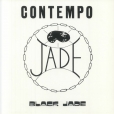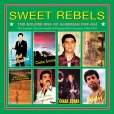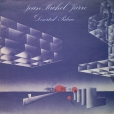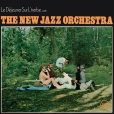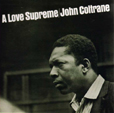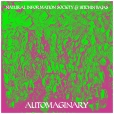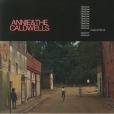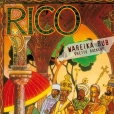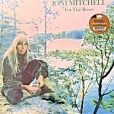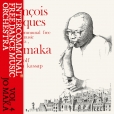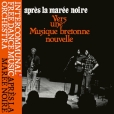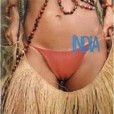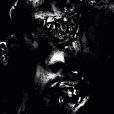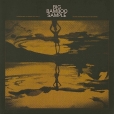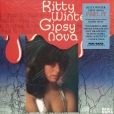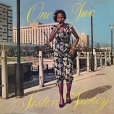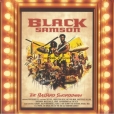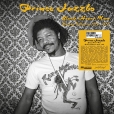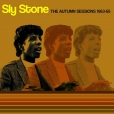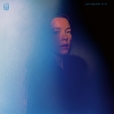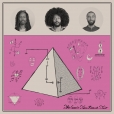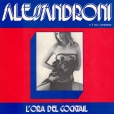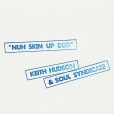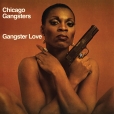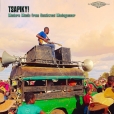Your basket is empty

Only our favourite UK reggae LP of all time.
Uneasy, twisted, mysterious, deep dub music; utterly enthralling. Commercially speaking, couldn’t-give-a-fuck.
It’s like London calling the Upsetter and the Dark Prince in 1975-76, encircled by the National Front.
The story goes that the group dished out free copies — fresh from the pressing plant — at the Notting Hill Carnival in 1976 (before the rioting kicked off).
‘Bottling the raw energy of the scene in the 80s and early ‘90s; featuring its young stars Cheb Zahouani, Chaba Zohra and Abderrahmane Djalti. Newly remastered and including liner notes from Raï authority Rabah Mezouane, this compilation brings together eight cassette tracks from the electrifying period when Raï was evolving from more traditional sounds into mesmerising electro funk.’
Recorded by Jean Michel Jarre in 1972, during his work experience at G.R.M. (Groupe de Recherches Musicales), for a commission to provide sound for public spaces like airports and libraries. Fifteen tracks made with only two synthesizers (EMS VCS3 & Farfisa organ) in an experimental and very minimal style.
‘It was a crazy album, totally homemade, with rhythms that I made in my student room, with a minimum of equipment and at the same time electronic sounds that I stole from the GRM where I went at night after stealing the keys to the studios. It is a pirate record, in every sense of the word, in which we find what I did afterwards.’
Neil Ardley, Jack Bruce, Jon Hiseman, Dave Gelly, Jim Philip, Dick Heckstall-Smith, Barbara Thompson, Derek Wadsworth, John Mumford, Michael Gibbs, Tony Russell, Derek Watkins, Harry Beckett, Henry Lowther, Ian Carr, George Smith, Frank Ricotti…
‘The range, invention and depth evident on Le Dejeuner Sur L’Herbe outstrips most large ensemble jazz albums of the time; at times muscular and powerful, at others delicate and sensitive, the interplay of the musicians, arrangements and compositions make for a stand-out recording that bristles with confidence and energy.’
The first decent compilation of these Clement Bushay productions.
Downright crucial Jazzbo like Step Forward Youth and Every Nigger Is A Winner.
Her first solo cello album, ‘a deep exploration of the inner worlds of tuning’, recorded in the Eglise du Saint-Esprit church in Paris by Kali Malone and Stephen O’Malley.
‘Railton’s explorations in harmony emerge from a focus on the physical qualities of intervallic and chordal sounds, their textural qualities, degrees of friction, and inner pulsations. Composing in the moment guided by resonances within the cello’s body, her own, and their shared vibrational space, Railton gives sounds what they ask for: sounds of pure texture manifesting as a move through temporal transparency, sounds of rough texture marking regions of dimensionally dense space. Railton’s creative and highly refined use of just intonation harmony deforms sound’s inner movements in ways that suggest a mode of listening that actively supplies imagery of sounds implied or completely absent rather than merely savouring those fully present. Railton calls it ‘sing-along music’.’
‘All is Sound could not be a more apt title for this,’ says Mississippi. ‘Through saxophone, cello, piano, and flutes The Cosmic Tones Research Trio created a truly beautiful record. All is Sound breaks new ground. At its heart, it’s healing/meditation music, but the Gospel and Blues roots are in there too…as well as hints of forward-looking Spiritual jazz.
‘Delicate, profound melodies create peaceful, immersive soundscapes, which the group develops through their combined background in acoustic ecology, sound meditation, mindfulness, and active community involvement.
‘Following the steps of musicians such as Sun Ra, Alice Coltrane, and Pharoah Sanders, The Cosmic Tones Research Trio delivers music that is both restorative and sonically rich—each tone falling into a perfect place, as if by magic.
‘As sincere a record as you could ever hope for. Music is indeed the healing force of the universe.’
‘Renowned for his work on iconic Spaghetti Western scores with Ennio Morricone, and his groundbreaking contributions to library music, Alessandroni lavishes his other-worldly genius on this wonderful cocktail of an album, blending jazz, bossa and lounge, garnished with his signature wordless vocal arrangements and lush instrumentation. Featuring his remarkable talent on guitar, piano, and mandolincello, this album paints a vibrant portrait of 1970s cosmopolitan cool.’
The dub counterpart to his From One Extreme To The Other album.
Tormented, darkly mystical, and unmissable.
‘Wild ecstatic vocals, distorted electric guitars, rocket bass, and an amphetamine beat! Unlike anything else, this is THE high life music you’ve always wanted — ceremonial music played with abandon and extreme intent, honoring the living and dead alike.
‘In Toliara and its surrounding region, funerals, weddings, circumcisions and other rites of passage have been celebrated for decades in ceremonies called mandriampototse. During three and seven days, cigarettes, beer and toaky gasy (artisanal rum) are passed around while electric orchestras play on the same dirt floor as the dancing crowds and zebus. Locally and even nationally renowned bands play their own songs on makeshift instruments, blaring through patched-up amps and horn speakers hung in tamarind trees, projecting the music kilometers away. Lead guitarists and female lead singers are the central figures of tsapiky.
‘What results during these ceremonies is unclassifiable music of astonishing intensity and creativity, played by artists carving out their own path, indifferent to the standards of any other music industry: Malagasy, African or global.’
